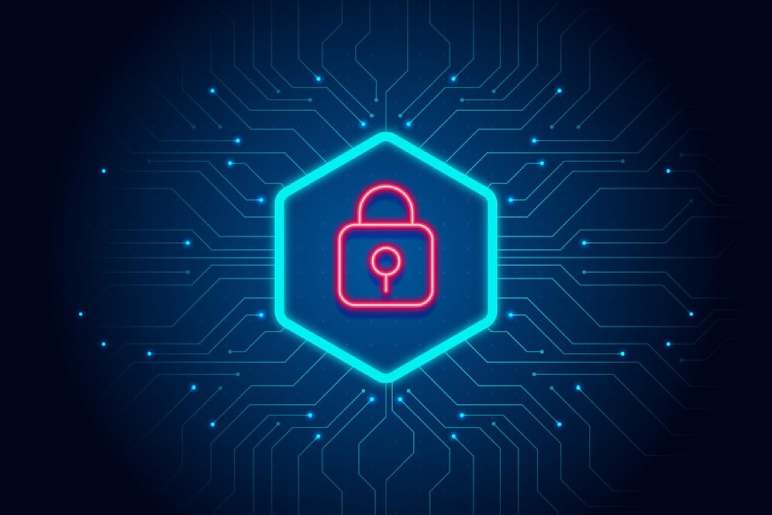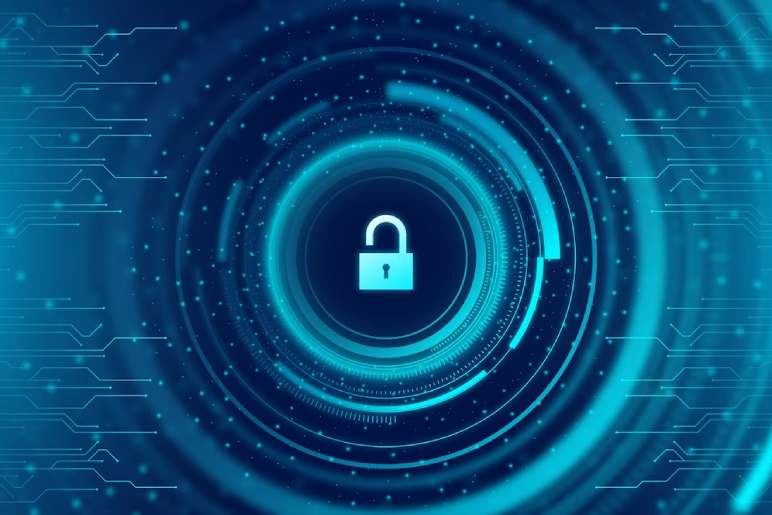Unified Communications (UC) represents a significant shift in how businesses and organizations communicate, merging voice, video, messaging, and other collaborative technologies into a cohesive system. Navigating more profoundly into the digital era, the emphasis on securing data within these networks has become increasingly critical. This comprehensive exploration delves into the multifaceted role of unified communications in enhancing data security, deploying a range of advanced measures and protocols to guarantee data confidentiality, integrity, and availability.
The Critical Role of Data Security in Unified Communications


In an era where digital connections permeate every aspect of life, the threat of data breaches and cyberattacks looms large, presenting a formidable challenge to maintaining the confidentiality and integrity of organizational data. Unified Communications systems, by their nature, are repositories of vast quantities of sensitive information, rendering them attractive targets for cybercriminals. The interconnectedness of communication tools within these systems means a security lapse in one component could compromise the entire network. Therefore, fortifying these systems against such vulnerabilities is not merely advantageous but a necessity.
Advanced Encryption Techniques: The First Line of Defense


Encryption is a cornerstone strategy in the arsenal of the system’s security, transforming data into a format that is virtually indecipherable to unauthorized parties. Transport Layer Security (TLS) and Secure Real-Time Transport Protocol (SRTP) are pivotal in encrypting voice and video communications. These technologies lay the groundwork for a secure exchange of information, ensuring that data, once transmitted across the platforms, remains protected against unauthorized access.
Comprehensive Access Control: Gatekeeping Sensitive Information


Effective access control mechanisms are vital to securing sensitive data within Unified Communications systems. By implementing stringent access controls, these platforms can restrict access to sensitive information exclusively to authorized users. This is achieved through mechanisms like multi-factor authentication (MFA), role-based access controls (RBAC), and secure single sign-on (SSO) solutions. Together, these tools fortify the security framework of the systems, safeguarding against unauthorized access and potential data breaches.
The Imperative of Regular Security Updates and Patch Management
The digital threat landscape is ever-evolving, with new vulnerabilities emerging rapidly. Unified Communications systems respond to this challenge by regularly updating and patching their infrastructure, addressing newly discovered security threats and vulnerabilities. These updates are crucial for remedying known security flaws and introducing new security features and enhancements, thereby maintaining the resilience of these systems against an array of cyber threats.
Network Security and Monitoring: Vigilance in Real-Time
Enhanced network security and monitoring capabilities are integral to the proactive defense of these systems. These technologies are designed to identify and neutralize potential threats in real-time, including intrusion attempts, malware, and denial of service (DoS) attacks. Continuous monitoring facilitates the early detection of anomalous activities, enabling swift responses to mitigate potential security incidents before they escalate into full-blown breaches.
End-to-End Data Protection Policies: A Holistic Approach
Services providing unified communications often adopt comprehensive data protection policies that span the entire data lifecycle, from creation and storage to transmission and eventual deletion. These policies are meticulously crafted to ensure secure data handling at every stage, incorporating practices like data minimization, secure data storage solutions, and proper data disposal techniques. Such end-to-end protection is essential for maintaining the integrity of data throughout its lifecycle.
Conclusion: The Indispensable Role of Unified Communications in Data Security
As reliance on digital communication platforms continues to escalate, so does the imperative of securing data within these systems. Unified Communications is at the vanguard of this effort, implementing advanced security measures and protocols to safeguard sensitive information against the myriad threats of the digital age. By prioritizing data security, these platforms bolster their reliability and trustworthiness and contribute significantly to creating a safer digital setting for businesses and individuals alike. In the rapidly evolving digital landscape, the commitment of this service to robust data security measures is not merely beneficial but critical.
Have A Look :-
- How Often Does Lenovo Outlet Update?
- Lenovo Ideapad Gaming 3 – Overview, Specification, Price
- What Is Yimusanfendi? Exploring The Best Data Gathering Tool For Information


